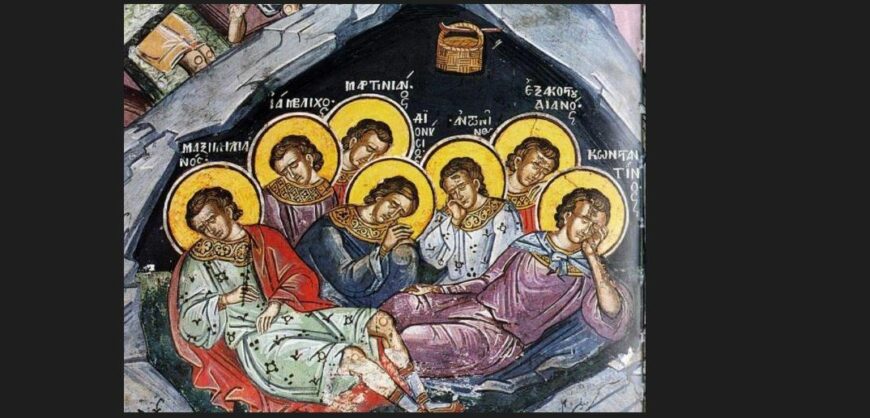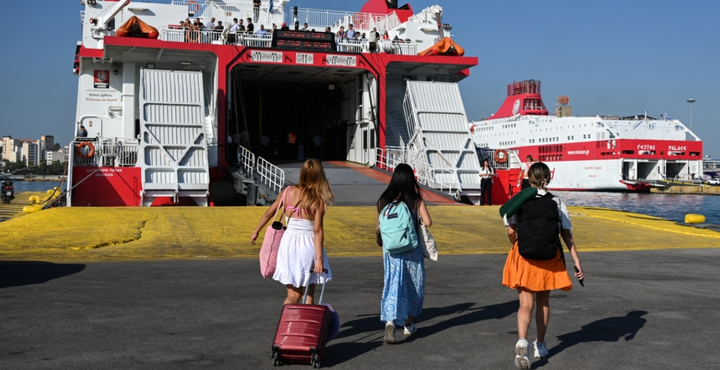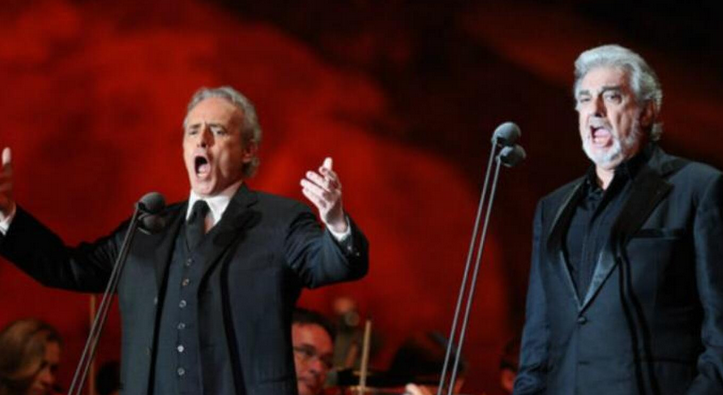Metropolitan Cleopas of Sweden delivered a sermon on the Seven Children in Ephesus.
A father tried by the misery of his child, which for many years suffered from seizures, brings it to the Savior “of souls and bodies”.
From the depths of his being, he utters a fervent plea and supplication: “Lord, have mercy on my son because he is sick and ill”. (Mat. 17, 15). This desperate father, before turning to Jesus, had asked His disciples, to heal his child, but they could not.
During the evangelical narration, and on the occasion of the miracle healing of the young man by the Lord himself, a reasonable question is formulated for students: “why couldn’t we get this out”? (Matt. 17, 20) The Lord, as the first cause, points out their unbelief. There is a second reason, the failure to use those means on the part of the students, by which every demonic order is neutralized in this case, prayer and fasting. Of the miraculous effects of prayer, we need say no more,
because each of us has personal experience of its benefits when it is offered warm from our hearts and shakes even this earth, as happened when the first Church of Jerusalem prayed for their salvation imprisoned apostles.
Fasting gives the spiritual warrior purity and strength and readiness of mind, which form the basis of this kind of spiritual war. After all, this fight is not “For our struggle is not against flesh and blood, but against the rulers, against the authorities, against the powers of this dark world and against the spiritual forces of evil in the heavenly realms.” (Eph. 6,12)
With these words, the chosen children of the Church have struggled throughout the centuries and they conquered and glorified because our Lord rewards and honours deservedly the brave soldiers of His line.
The seven children belong to these blessed, beautiful children of the Church in Ephesus, whose memory we celebrated on August 4. Their story is admirable and worth mentioning. In the years of King Decius (252) there were seven young men, Maximilian, o Hexacustodianus, Iamblichus, Martinianus, Dionysius, Antony, and Constantine, who, after distributing their property to the poor,
they hid in a cave. After they begged God, to be freed from the bonds of the body, so that they might not fall into the hands of the king, they gave up their souls to the Lord. When King Decius returned to Ephesus, he sought out the young men, to sacrifice to idols. But, he learned that they died inside the cave and then he asked to block the cave door with a stone.
198 years passed and during the reign of Theodosius, a heresy appeared, which argued that there is no resurrection of the dead. The king, seeing the Church in turmoil, begged God to reveal the solution to the heresy. On the mountain, where the cave with the seven youths was located, its owner area wanted to build a paddock for his flock. When the workers removed the stone that hid the cave, to build the wall, the seven children arose and began to converse, without any alteration in them, or their garments. So then they remembered that Decius was looking for them, to kill them.
Then they asked Iamblichus to go buy bread and learn about the Ten. Going to the city of Ephesus, he saw his sign at the door Cross and marvel if this was Ephesus. He thought he was seeing a vision because all were changed. When he gave the money to buy the bread, he saw people wondering where he found this treasure, as on the money there was the symbol of King Decius.
After inquiries, the bishop of the city, named Marinus, asked to go to the cave for an autopsy. There, therefore, they found the chest with the lead tablets, which had been placed by the envoys of Decius and inside the rest of the young people, and after they glorified God, they informed him king Theodosius, who hastened to Ephesus and just entered the cave glorified God, who heard his prayers and showed him their resurrection dead. This is a wonderful story about the seven children in Ephesus.
You will wonder, since it has been more than fifteen days since the memory of the saints, for what reason is this outdated reference made? Because, my brothers, today we celebrate the memorial service of a mother, Vasiliki, who was blessed by God, to create a family and even have seven children.
The reason for a woman, who became a mother, with all the difficulties, of course, the anxieties and trials that accompany motherhood. Of course, Vasiliki also experienced the pain and sorrow of the premature loss of one of her children, Nektarios, whose soul we wish rests in peace!
The funeral of Vasiliki took place on the day of the feast of the seven holy children, therefore, in the presence of all her children.
In our Church, from the fifteenth of August until the performance of the feast, we thank the Lady Theotokos, who is the Mother of Life, since she brought into the world the Giver of life and was assumed after her dormition, as the Virgin Mary her soul that her Son himself and our God receive.
With the certainty, therefore, of the resurrection, as stated many times in the Holy Bible and we also know from the example of the holy seven children in Ephesus, let us continue the fight of our lives, with the spiritual weapons that you give us presented today’s gospel passage and let’s pray for her rest of the soul of Vasiliki, with the certainty that she also follows the road through which, those who believe in Christ, we pass from death to life!
Metropolitan Cleopas of Sweden: Vasiliki and the Seven Sleepers of Ephesus
Prayer and fasting are the weapons of the Christians he said





































